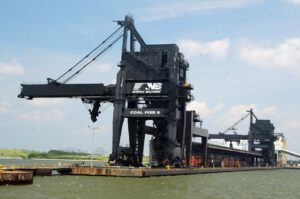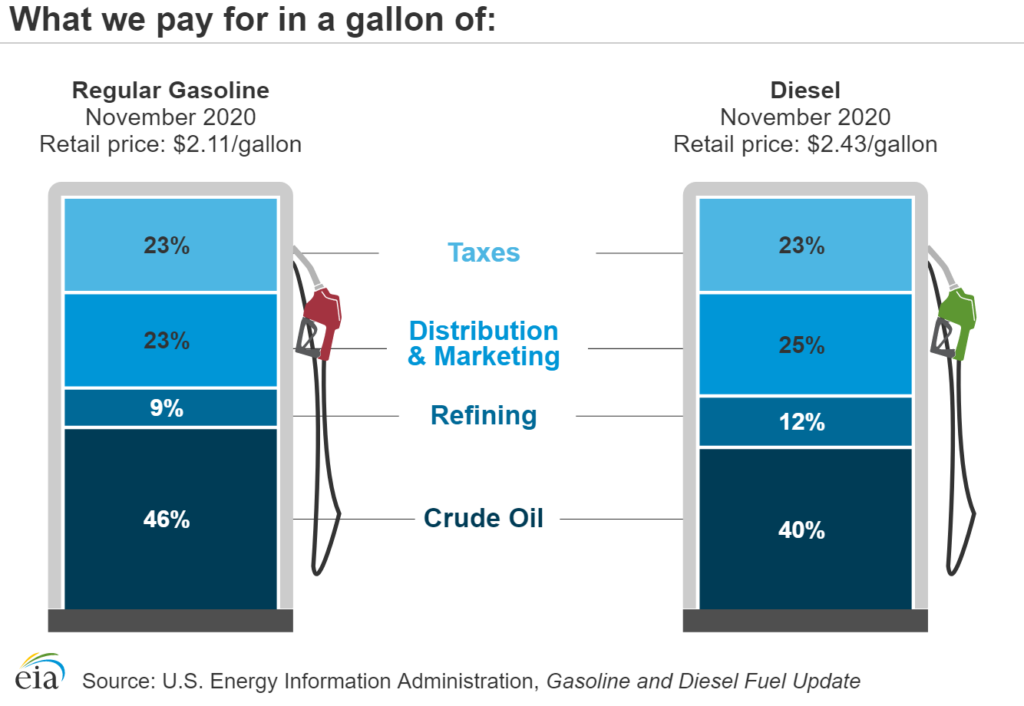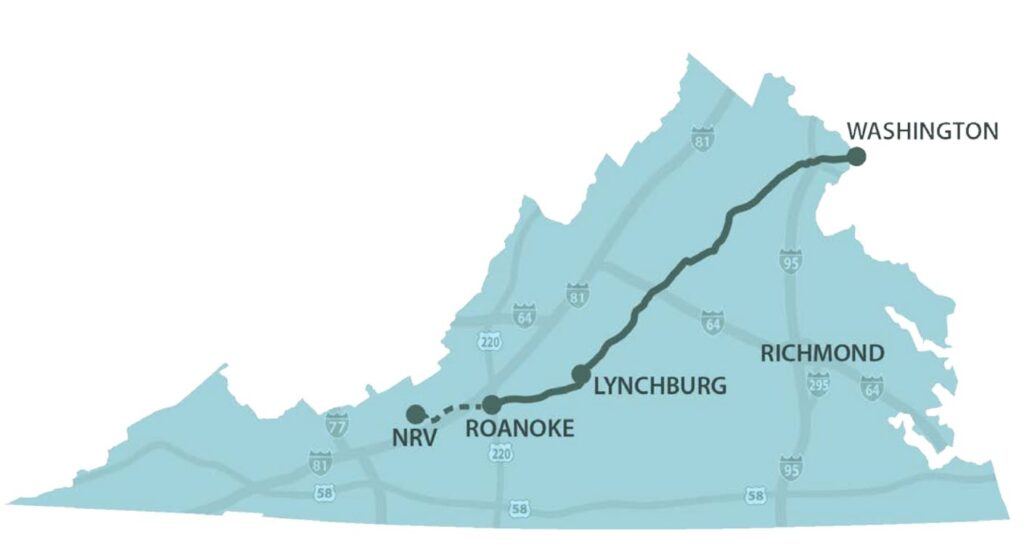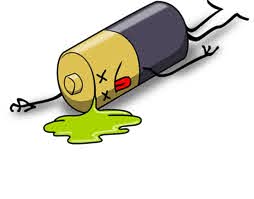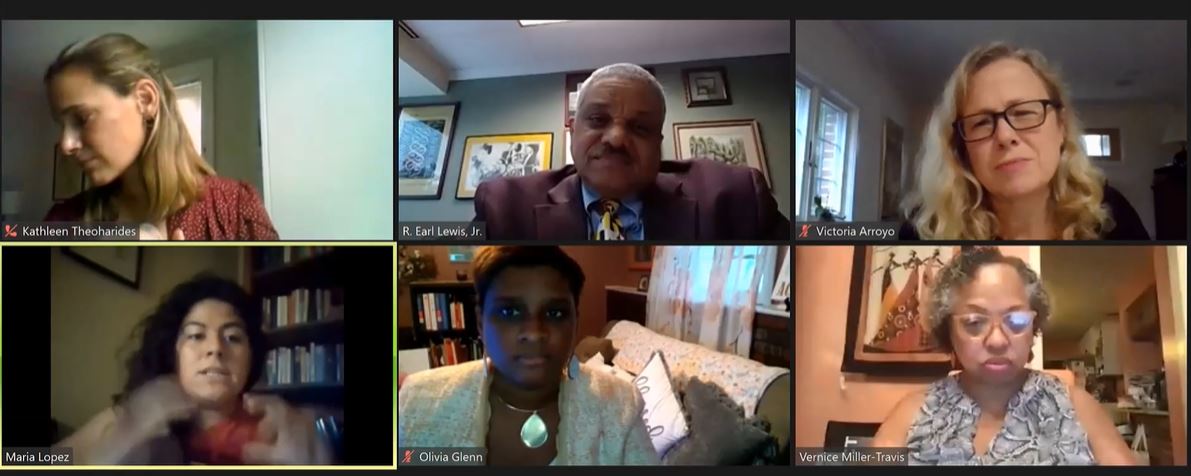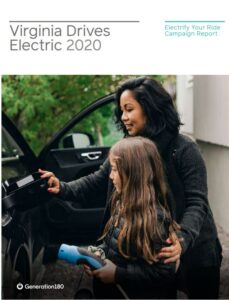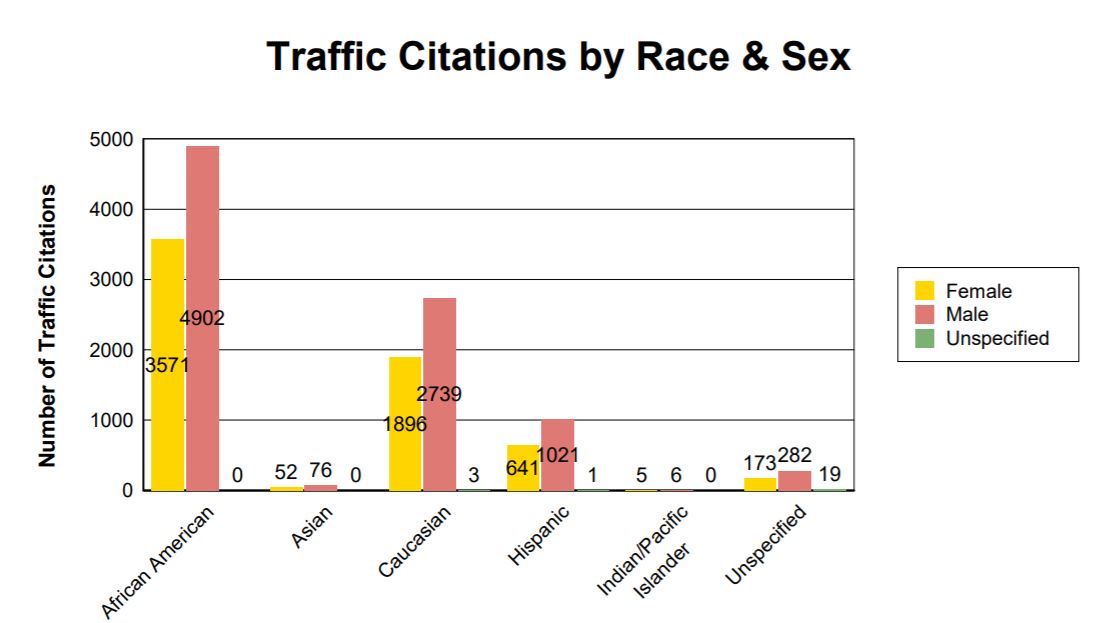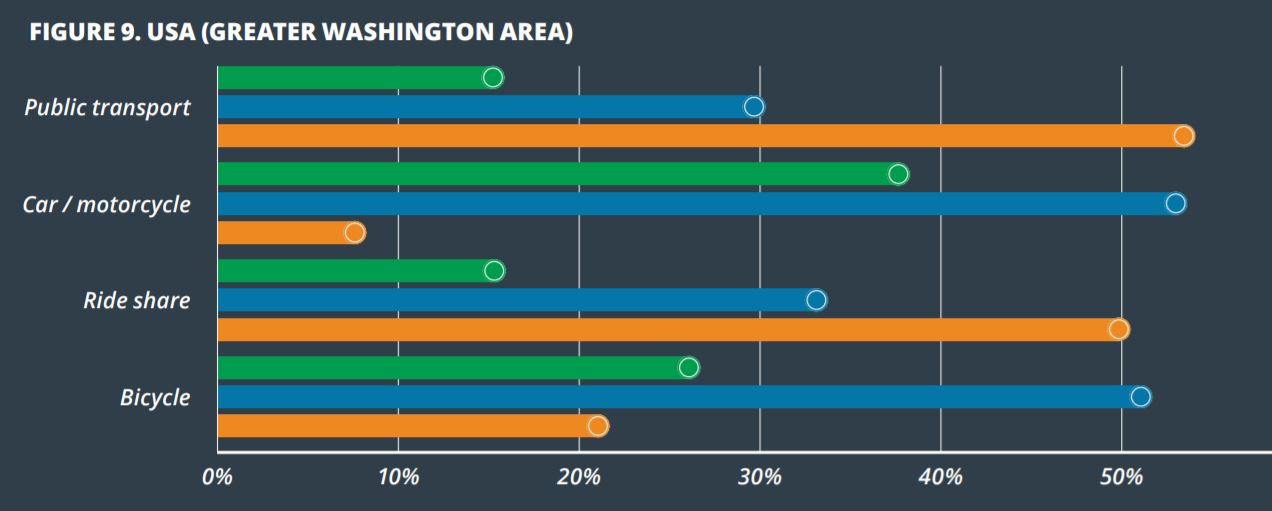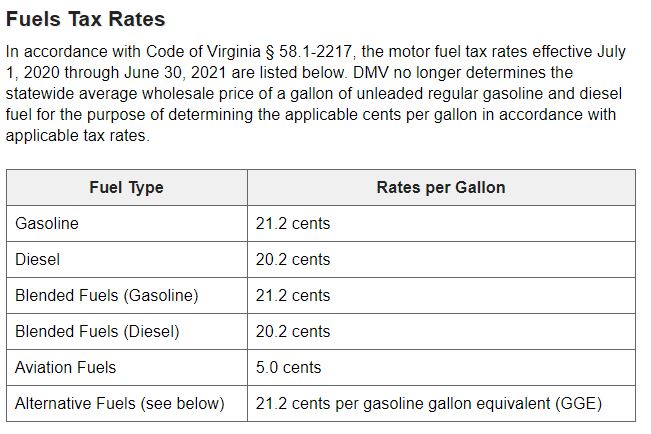by Steve Haner
First published this morning by Thomas Jefferson Institute for Public Policy.
The ultimate goal of the Transportation and Climate Initiative with its tax and rationing scheme is to eliminate fossil fuels for transportation and get us into electric vehicles. That is something advocates have admitted and critics have pointed out. While Virginia TCI participation is on hold in this statewide election year, the 2021 General Assembly is following other pathways to the utopian EV future.
The House of Delegates has sent the Virginia Senate a bill to create a state financial incentive of $2,500 for purchase of a new or used electric vehicle. An additional $2,000 rebate is offered to a low- and middle-income buyer of a new car and $500 if that buyer choses a used EV.
The House has also passed legislation empowering the state’s Air Pollution Control Board to adopt state regulations on vehicle fleet fuel economy and to model California’s existing program forcing manufacturers to offer more zero- and low-emission vehicle sales in the state. This bill sets no goals but puts an accelerated process in motion, bypassing the full regulatory review, with a goal of regulating the 2025 model year vehicles offered in the state. Continue reading


